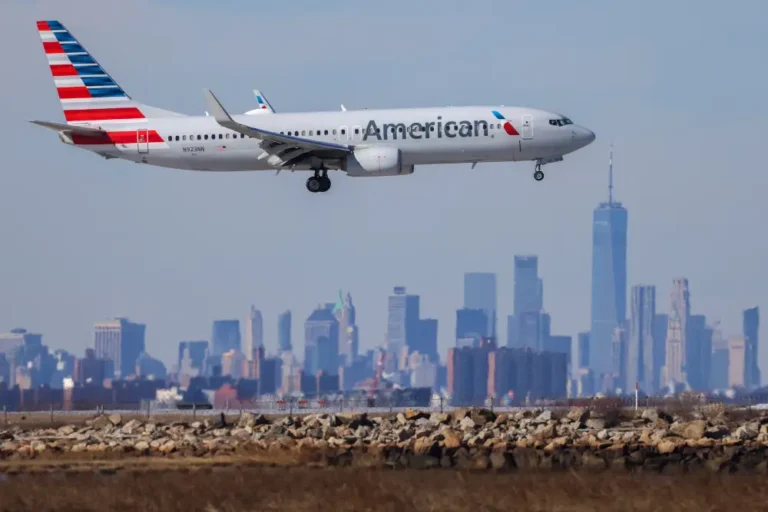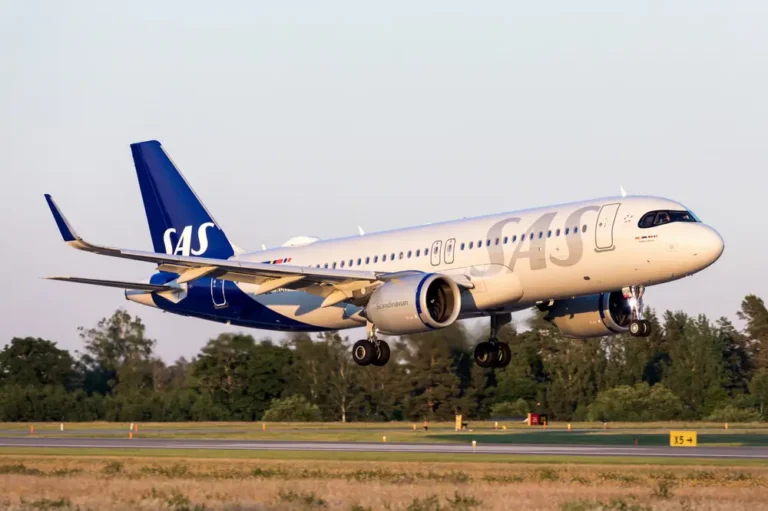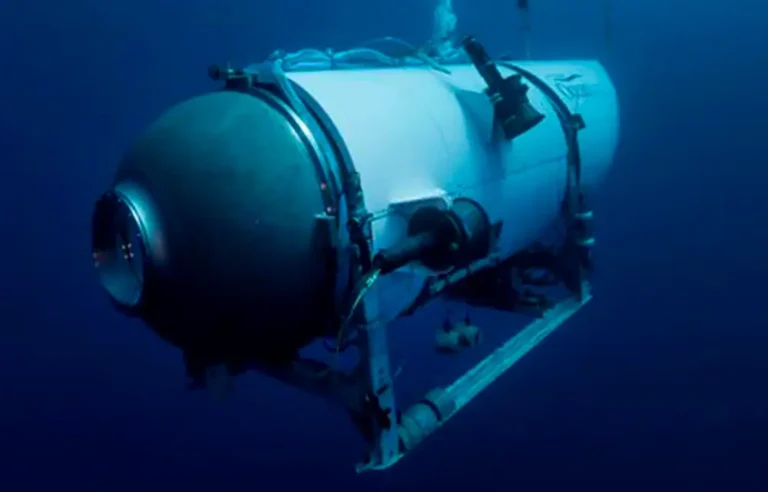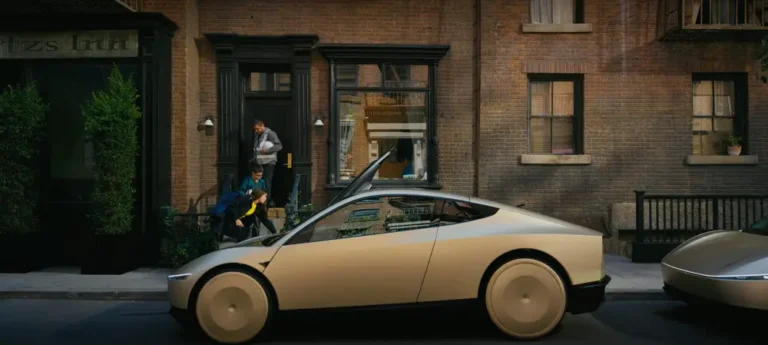Hundreds of Boeing 787 jets are to be inspected after an incident where a plane suddenly dropped and injured 50 people

A Latam Airlines Boeing 787 suddenly dropped 400 feet during a March incident.
Hundreds of Boeing 787 Dreamliners will need to be inspected after an incident that injured dozens of passengers.
In a Tuesday statement, the Federal Aviation Administration announced that it was issuing an Airworthiness Directive for certain 787 jets.
It affects over 700 such aircraft worldwide — about 65% of the 1,138 Dreamliners that have been delivered. Of those requiring inspection, 158 are registered in the US.
Airlines have been ordered to inspect the pilots’ seats. In particular, looking for missing or damaged switch caps and switch cover assemblies.
The directive comes after a Boeing 787 operated by Chilean carrier Latam Airlines suddenly dropped 400 feet during a March flight between Sydney and Auckland.
The Auckland ambulance service told the New Zealand Herald it treated about 50 passengers for injuries, 10 of whom were taken to the hospital.
In an April preliminary report, Chilean investigators said the captain’s seat experienced an involuntary forward movement. The report included pictures that showed the switch cover was loose.
Neither bad weather nor turbulence played a role, it added.
Citing unnamed US officials, The Wall Street Journal reported that a flight attendant may have accidentally hit a switch on the pilot’s seat — activating a feature that pushed him toward the controls, which pushed the plane’s nose down.
The FAA’s directive gives the affected operators 30 days to inspect the planes and perform any necessary corrective actions.
In a statement shared with B-17, Boeing said: “We fully support the FAA’s Airworthiness Directive which makes mandatory a supplier’s guidance to 787 operators.”
The planemaker also said a seat manufacturer sent 787 operators a service bulletin in July with inspection procedures on this issue.
Three US airlines operate the 787: American, Hawaiian, and United.
A Hawaiian Airlines spokesperson told B-17 that it conducted pilot seat inspections earlier this year, as Boeing recommended.
“We will conduct additional inspections per the FAA requirement and don’t expect any operational impacts,” they added.
United declined to comment, while American didn’t respond to a request for comment from B-17.






